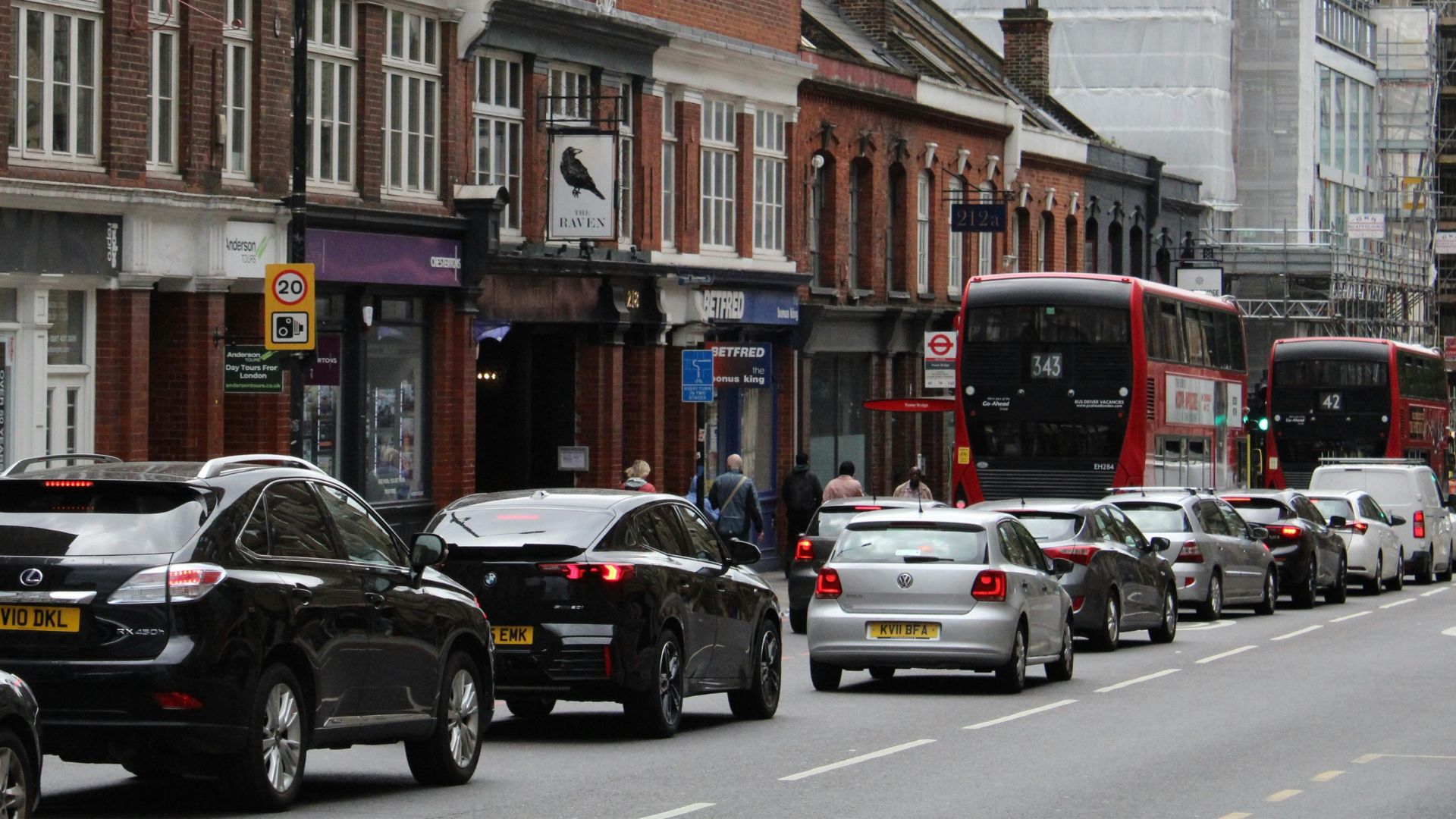For many young people, taking their driving test will be one of the most stressful things they have done. The experience of having an examiner silently sat next you, judging every action, is enough to send your heart rate racing and your blood pressure soaring. I should know – despite no longer qualifying as young, I’m pleased to say that I recently passed my test, and was able to finally wave goodbye to the L plates.
The stress of taking the test, however, was nothing in comparison to the stress of actually booking it in the first place. For several months I diligently woke up at 6am every Monday morning and logged on to the DVSA website to wait for the latest batch of tests to be released. Each time I found that every test at my local centre had immediately been taken, with the only ones available being in almost comically far away places.
When I did finally managed to book one, it was for nearly six months in the future, and almost an hour’s drive from where I live. It was far from ideal, but it was better than nothing.
My experience wasn’t unusual. Research by the AA shows that, as of March this year, the average waiting time for a driving test had reached 20 weeks, compared to less than nine weeks in 2019. Currently, more than half of all testing centres are at the maximum 24 week waiting period, and many people simply can’t find an available test at all.
Read more:
- What do kids really think about electric cars and the future of driving?
- Public transport not keeping up with surge in new homes, analysis finds: ‘We must plan more intelligently’
- Rail fares go up year after year – but it doesn’t have to be this way. It’s time to fix fares for good
There are various reasons for how this current situation has come about. During the Covid pandemic, nearly all driving tests were cancelled, leading to huge backlogs which the government is still struggling to clear. This in turn led to many learners changing their behaviour and booking their tests earlier, often before they were ready, meaning fewer people were passing and needed to take the test again.





